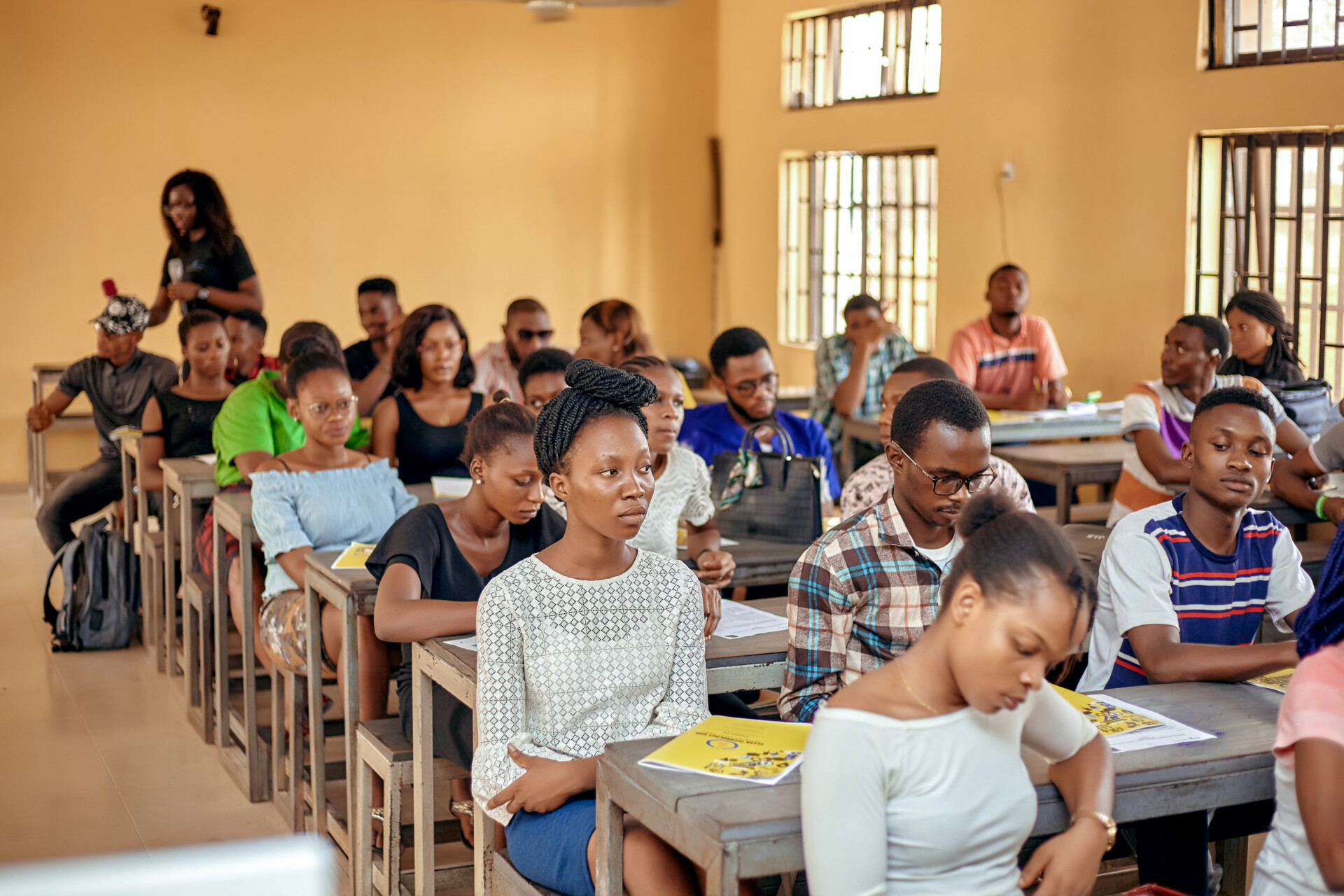Biraj Gautam and Rabin Shrestha share their lessons from the latest visits to the micro hydro power sites in Jumla and Baglung.
New Research Insights on Biodigesters
The second edition of Revista RedBioLAC for this this year is published. The journal by our partner network for biodigester practitioners and applied research in Latin America and the Caribbean RedBioLAC collects and disseminates research on all aspects of biogas, biodigesters and anearobic digestion.
The second issue of the sixth edition contains five articles focusing on different topics: mainly the potential of biomethanisation and how to model it, and biodigestion under psychrophilic conditions. Exemplary for this is the case study of Acuña Monsalve et al. (2022), which investigates the potential of anaerobic digestion of horse manure from the Colombian National Army in low-cost biodigesters under low ambient temperatures.
In two learning cases, the authors report on concrete experiences in the introduction of biodigester technology. For example by Butti et al. (2022) who show how to size rural family biodigesters when energy is scarce, expensive and organic waste affects the quality of life.
Do you want to learn more about the different topics? Are you interested in submitting your own research in the journal? Find more infos and download this and previous issues free of charge at: Revista RedBioLAC (only available in Spanish).
— Spanish version —
Se publica la segunda edición de la Revista RedBioLAC de este año. La revista de nuestro socio RedBioLAC para los profesionales de biodigestores y la investigación aplicada en América Latina y el Caribe recoge y difunde la investigación sobre todos los aspectos del biogás, biodigestores y digestión anearóbica.
El segundo ejemplar de la sexta edición contiene cinco artículos que se enfocan en diferentes temas: principalmente el potencial de la biometanización y cómo modelarla, y la biodigestión en condiciones psicrofílicas. Un ejemplo de ello es el estudio de caso de Acuña Monsalve et al. (2022), que investiga el potencial de la digestión anearóbica de estiércol de caballo del Ejército Nacional de Colombia en biodigestores de bajo coste a baja temperatura ambiente.
En dos casos de aprendizaje los autores comparten experiencias concretas sobre la implementación de la tecnología de biodigestores. Por ejemplo, Butti et al. (2022) muestran cómo dimensionar biodigestores familiares rurales cuando la energía es escasa, cara y los residuos orgánicos afectan la calidad de vida.
¿Quiere saber más sobre los diferentes temas? ¿Está interesado en presentar su propia investigación en la revista? Encuentre más información y descargue este ejemplar y los anteriores de forma gratuita en: Revista RedBioLAC.


